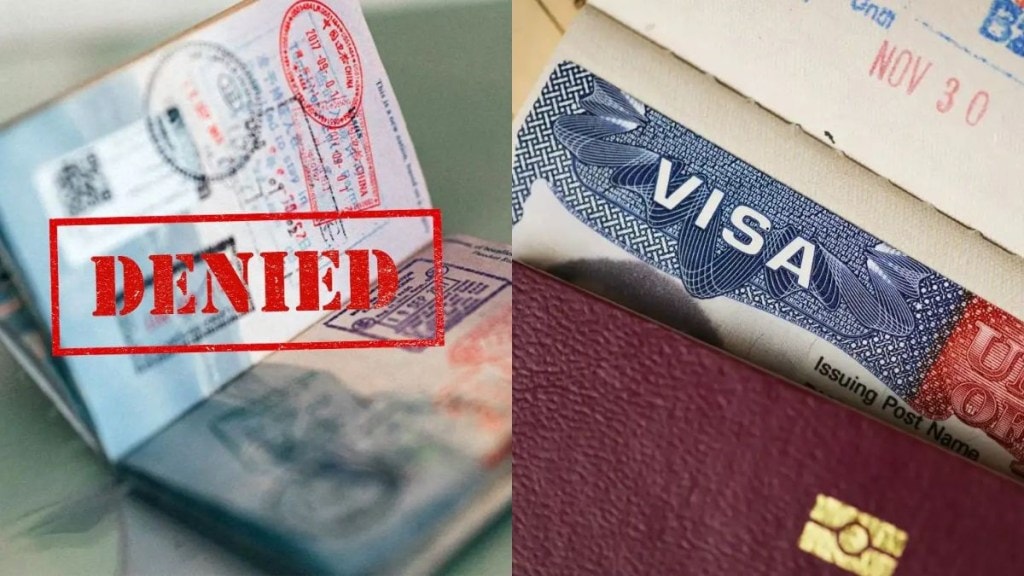A 26-year-old proprietary trader from India has been left confused after his B1/B2 visa application was denied under Section 214(b) even though his parents, who applied alongside him, were granted approval.
The young professional, who lives with his parents and has a good salary and substantial investments in India, said the family was planning a trip to the United States next June to visit his elder brother and explore tourist destinations over two to three weeks.
What happened during the interview?
During the group interview, the applicant said he spoke on behalf of the family. The questions posed by the visa officer included:
Purpose of visit? – “Planning to meet my elder brother and tourism.”
Occupation? – “I work as a proprietary trader in a financial firm.”
Number of siblings? – “Only one, whom we are planning to meet.”
Overseas travel history? – “No, sir.”
Employment duration? – Provided the exact joining date.
After the brief interview, the parents were informed that their visas were approved, while the applicant was handed a denial letter on the grounds of Section 214(b) of the US Immigration and Nationality Act, a clause that generally refers to applicants failing to demonstrate strong enough ties to their home country.
“I was really startled as for no reason the visa was rejected,” he said, adding that he is seeking suggestions from others to understand whether something in his answers went wrong or if it was simply an unlucky day.
‘You are a risky traveler’
Netizens poured their opinions on the post. A user noted, “Well you have not been to any other country, you have no ties to your country apart from Job. You are a risky traveler and may not come back, that is what they are thinking.”
Another claimed, “Not to be unkind, but you fit a profile that often raises red flags for U.S. visa officers and can lead to textbook rejections. You are a young, unmarried man in your mid-twenties with no children, a sibling already living in the U.S., and no prior international travel history. Your job as a proprietary trader could be performed abroad and does not require re-licensing in the U.S., and you likely have not been in your role for a very long time. Without large fixed assets in your name or a particularly high salary, the only strong tie to India is your parents and if they are relatively young and independent, that bond is not seen as a compelling reason for you to return. Combined with the perception that young men are more likely to overstay visas, these factors may have led the officer to view you as a potential immigration risk despite your stated purpose of travel.”
“Leaving you behind is a guarantee your parents will have someone to go back for,” added another. “Too many Indians have overstayed while visiting family that is why,” wrote a netizen. ” The biggest reason ever: the officer believes than your parents and you will be staying forever in USA joining your brother. You don’t have any other first degree family left in India. Plus, you’ve never traveled abroad which is not common for wealthy people,” added a user.
(This story is based on a post shared by a Reddit User. The details, opinions, and statements quoted herein belong solely to the original poster and do not reflect the views of Financialexpress.com. We have not independently verified the claims and cannot vouch for their accuracy.)
